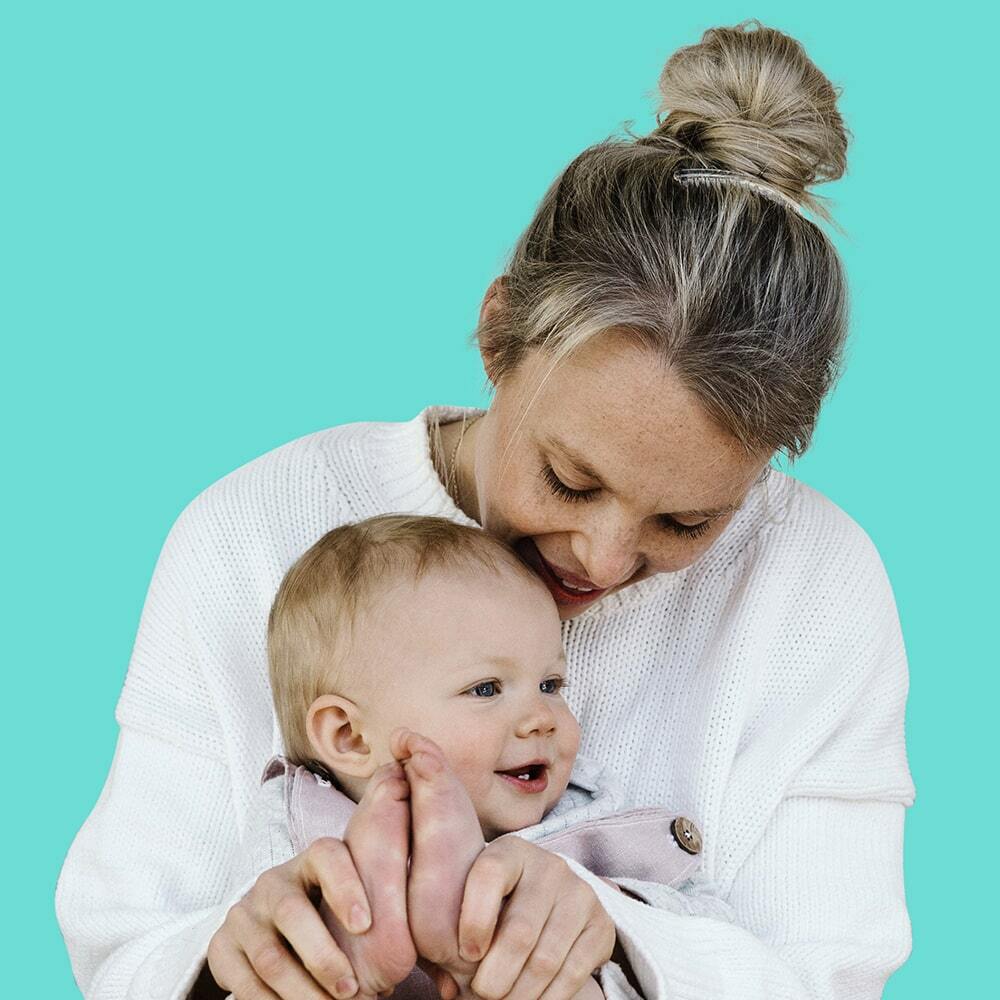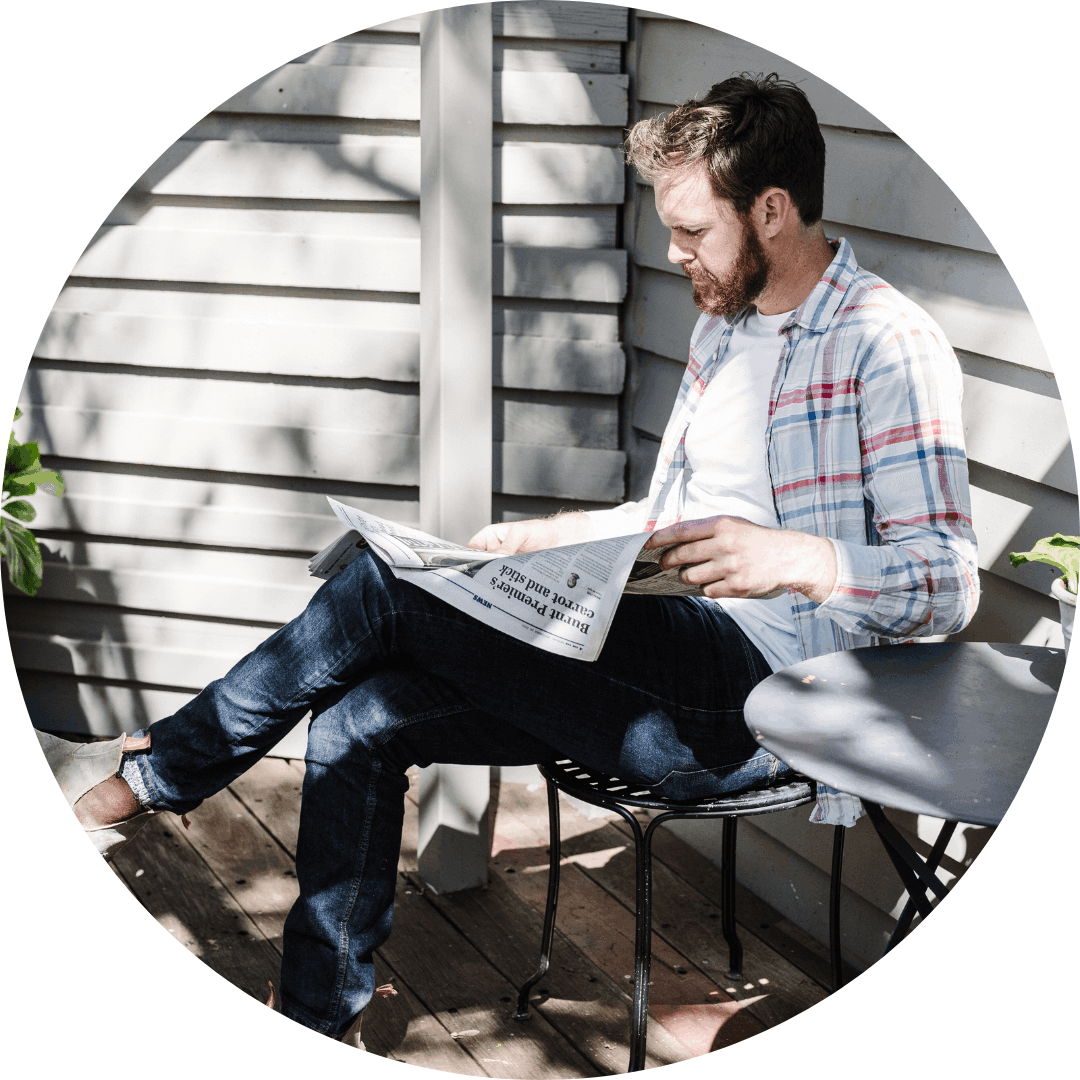Become a Sperm Donor

Request an Info Pack
Take the first step to becoming a sperm donor today.
Fill out the form below and get access to information on the following:
- Important things you need to know about sperm donation in Australia
- The steps involved with becoming a sperm donor at Monash IVF
- The rights and responsibilities of sperm donors
Who uses donor sperm?
There are many different people who need the help of a sperm donor to start or grow their family.
They may include:
- Solo mums to be
- People in same-sex relationships
- People experiencing infertility
- Transgender or gender diverse people
Your donation could help many people experience the joy of family.
Types of sperm donation
There are two types of sperm donors:
- Clinic-recruited sperm donors – A donor recruited by Monash IVF who remains de-identified / unknown to the recipient at the time of treatment, but who must consent to providing identifying information which can be shared upon request by a child born from their donation.
- Recipient Recruited (Known) sperm donors – A donor who has an existing relationship with the recipient/s, and personal details such as name, and contact details have been shared between them. A donor may be a friend or family member, or an acquaintance who becomes known to the recipient. The process for recipient-recruited sperm donors is similar to that of clinic recruited donors, with a few variations in processes.
Who can become a sperm donor?
All sperm donor candidates will need to go through a screening process to see if they can donate. To be eligible to donate sperm as a clinic-recruited donor for Monash IVF you will need to:
- Be aged between 21 and 45 years of age
- Donate sperm for altruistic reasons. This means you must be donating your sperm to help others, and not for monetary compensation. Note: Reasonable and verifiable expenses associated with donating will be reimbursed.
- Meet clinical criteria.
- Provide a genetic family medical history. If you are unable to do this because you have been adopted, or for other reasons, you will not be able to donate sperm as a clinic-recruited donor.
- Be a non-smoker or have ceased smoking for three months prior to sperm donations.
- Live a healthy lifestyle. This means exercising regularly, eating well, and drinking minimal amounts of alcohol.
- Consent to the release of identifying information to any donor-conceived children once they turn 18 years old, or younger in some states.
- Agree to the release of non-identifying general and medical information about you to recipients.
- Provide information relating to any previous donations and consent to us contacting any clinic/s you have previously donated at to confirm details of families created.
Are sperm donors paid for their donation?
It is illegal in Australia for someone to be paid for their sperm donation. However, sperm donors are entitled to be reimbursed for any reasonable and verifiable expenses accumulated through the donor process and we can guide you on what this includes and excludes. For clinic-recruited sperm donors, all of the costs associated with the donation, including testing for infectious and genetic conditions will be covered by Monash IVF. For known sperm donors, these costs are covered by the recipient of your sperm donation.
What are the benefits of being a sperm donor?
The altruistic motivations for becoming a sperm donor vary for everyone who chooses to donate sperm. Whether you become a recipient recruited sperm donor or clinic-recruited sperm donor, there are many benefits in joining our donor program including:
- Helping people who can’t have a baby without donor sperm experience the joy of family.
- Making a positive difference in someone else's life.
- Receiving information about your own fertility and health, including the results of a semen analysis, genetic carrier screening, and other tests.
What information is shared about sperm donors?
For each sperm donor, a donor profile is created to share information about the donor with people seeking a sperm donor (potential recipients). These donor profiles are non-identifying, and include information about a donors’:
- Medical history
- Nationality
- Height and build
- Skin colour, eye colour and hair colour
- Occupation
- Education
- Interests and hobbies
- Reason for donating
Under Australian laws, a person born from sperm donation has the right to obtain identifying information about their donor once they are 18 years old, or younger in some states. This information may include the donor's name, date of birth and contact information.
At Monash IVF, your trust and safety is our priority - every step of your treatment process is guided by the highest standards of care. If you would like to learn more about our stringent safety processes, please view our laboratory protocols for more information.
Frequently Asked Questions (FAQs)

Start your fertility journey
Wherever you are on your journey, one of our supportive nurse enquiry team members can help you understand your options and take the next step. These conversations are free and informative.
